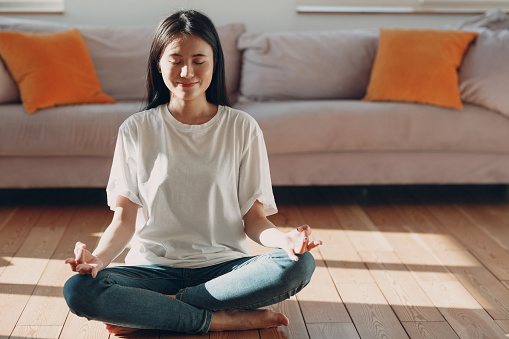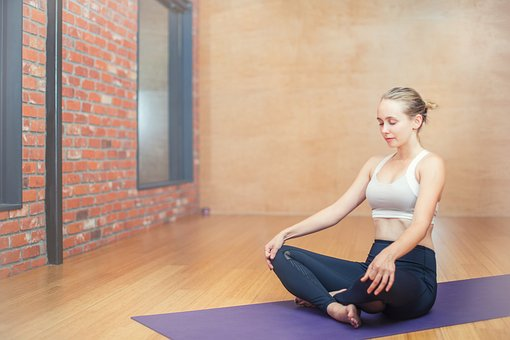How to incorporate meditation into a busy schedule

Meditation is a powerful tool for reducing stress and improving overall well-being, but it can be difficult to incorporate into a busy schedule. Here are a few tips for making meditation a regular part of your routine:

Start small. Don't try to meditate for an hour every day if you're not used to it. Begin with just a few minutes a day, and gradually increase the time as you become more comfortable with the practice.

Find a quiet, comfortable space. It's important to have a dedicated space where you can meditate without distractions. This could be a corner of your room, a park, or even just a quiet spot in your office.

Choose the right time of day. Some people find it easier to meditate in the morning, while others prefer to do it at night. Experiment to find the best time for you.
Use a guided meditation. If you're new to meditation, it can be helpful to use a guided meditation app or video to get started. These provide instructions and help to focus your mind.
Make it a habit. The key to successfully incorporating meditation into a busy schedule is to make it a habit. Try to meditate at the same time every day, and make it a non-negotiable part of your routine.
Use different techniques. There are many different types of meditation, such as mindfulness, loving-kindness, and transcendental meditation, each with its own unique benefits. Experiment with different techniques to find what works best for you.
Incorporate it into your daily activities. If you can’t find time to meditate, try to incorporate it into your daily activities, such as taking a few deep breaths before a meeting or during a break, or doing a short mindful walk.
Be patient and persistent. Like any new habit, it takes time and effort to make meditation a part of your life. Be patient with yourself, and don't get discouraged if you miss a few days. Keep coming back to it, and you'll soon find that it becomes a natural and enjoyable part of your routine.

Incorporating meditation into a busy schedule may seem challenging at first, but with a little bit of planning and effort, it can become a regular and valuable part of your daily routine. It helps to reduce stress, improve focus, increase self-awareness, and boost overall well-being.